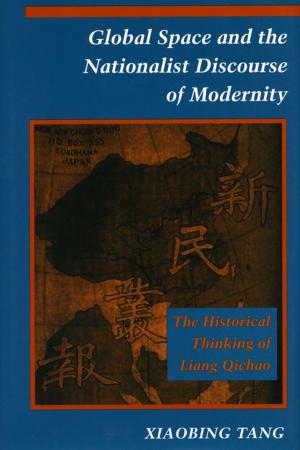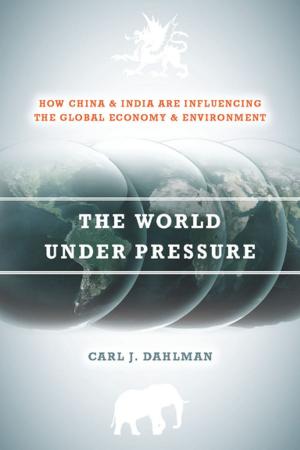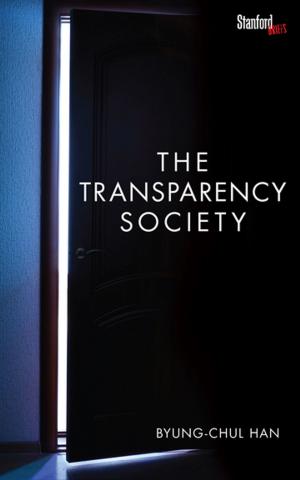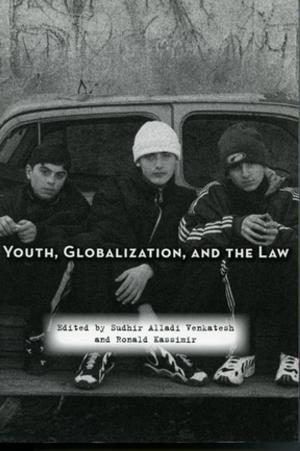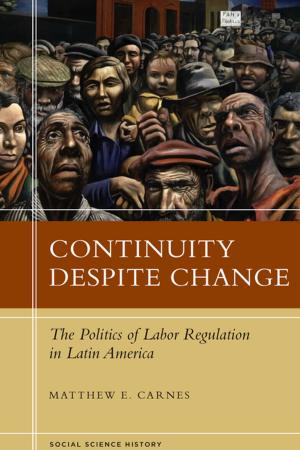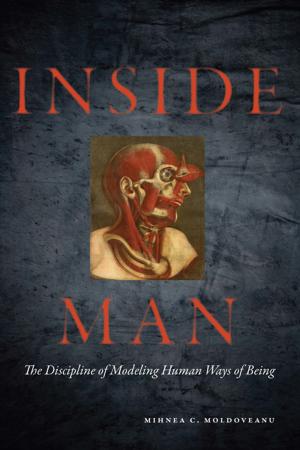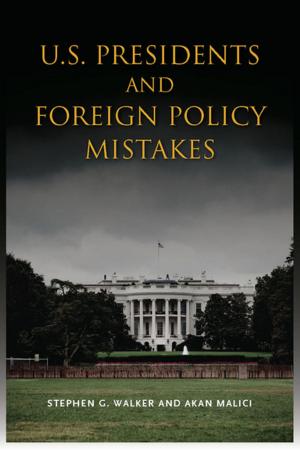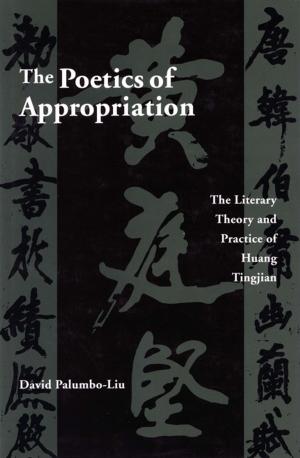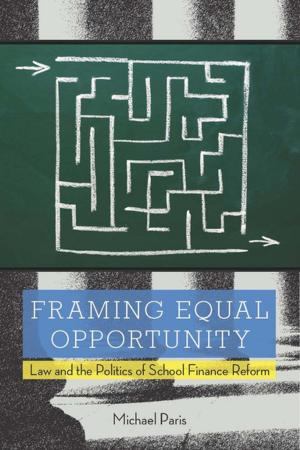A Covenant of Creatures
Levinas's Philosophy of Judaism
Nonfiction, Religion & Spirituality, Philosophy, Phenomenology, Religious| Author: | Michael Fagenblat | ISBN: | 9780804774680 |
| Publisher: | Stanford University Press | Publication: | June 3, 2010 |
| Imprint: | Stanford University Press | Language: | English |
| Author: | Michael Fagenblat |
| ISBN: | 9780804774680 |
| Publisher: | Stanford University Press |
| Publication: | June 3, 2010 |
| Imprint: | Stanford University Press |
| Language: | English |
"I am not a particularly Jewish thinker," said Emmanuel Levinas, "I am just a thinker." This book argues against the idea, affirmed by Levinas himself, that Totality and Infinity and Otherwise Than Being separate philosophy from Judaism. By reading Levinas's philosophical works through the prism of Judaic texts and ideas, Michael Fagenblat argues that what Levinas called "ethics" is as much a hermeneutical product wrought from the Judaic heritage as a series of phenomenological observations. Decoding the Levinas's philosophy of Judaism within a Heideggerian and Pauline framework, Fagenblat uses biblical, rabbinic, and Maimonidean texts to provide sustained interpretations of the philosopher's work. Ultimately he calls for a reconsideration of the relation between tradition and philosophy, and of the meaning of faith after the death of epistemology.
"I am not a particularly Jewish thinker," said Emmanuel Levinas, "I am just a thinker." This book argues against the idea, affirmed by Levinas himself, that Totality and Infinity and Otherwise Than Being separate philosophy from Judaism. By reading Levinas's philosophical works through the prism of Judaic texts and ideas, Michael Fagenblat argues that what Levinas called "ethics" is as much a hermeneutical product wrought from the Judaic heritage as a series of phenomenological observations. Decoding the Levinas's philosophy of Judaism within a Heideggerian and Pauline framework, Fagenblat uses biblical, rabbinic, and Maimonidean texts to provide sustained interpretations of the philosopher's work. Ultimately he calls for a reconsideration of the relation between tradition and philosophy, and of the meaning of faith after the death of epistemology.


